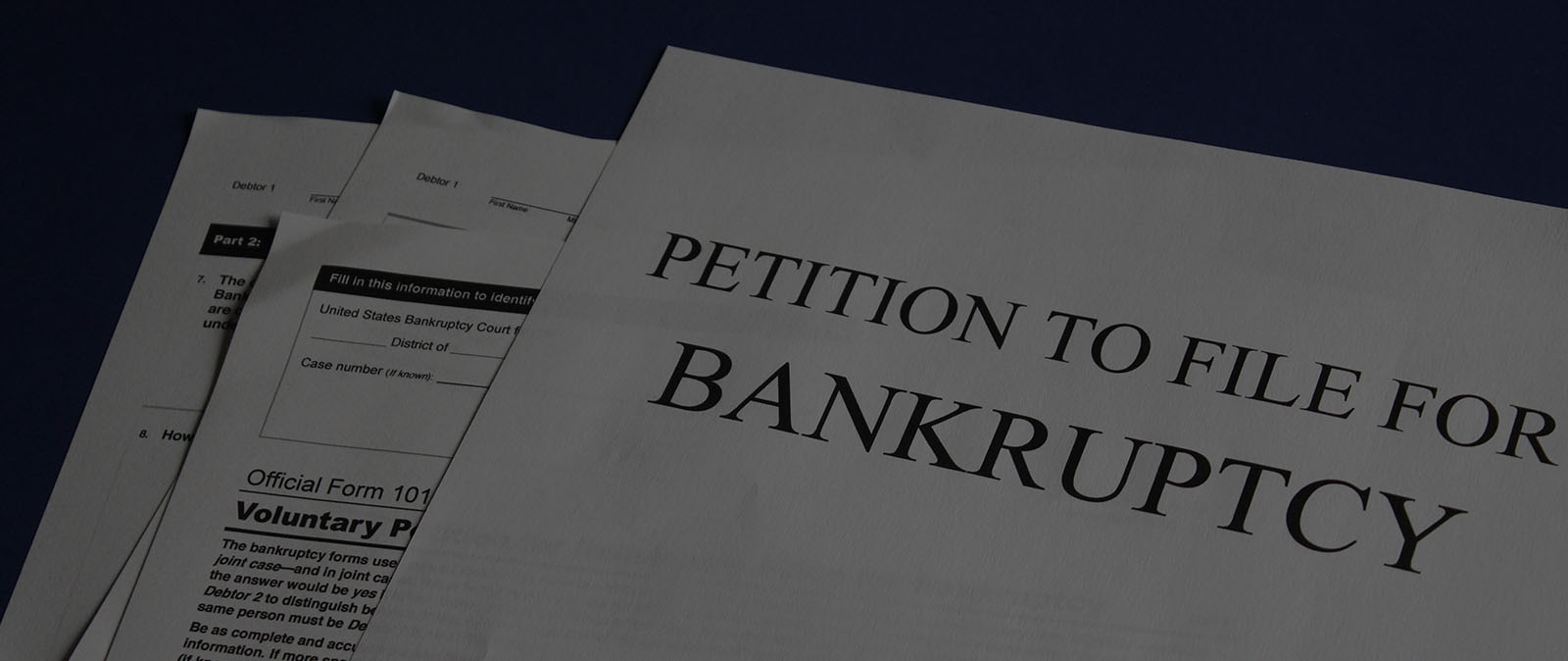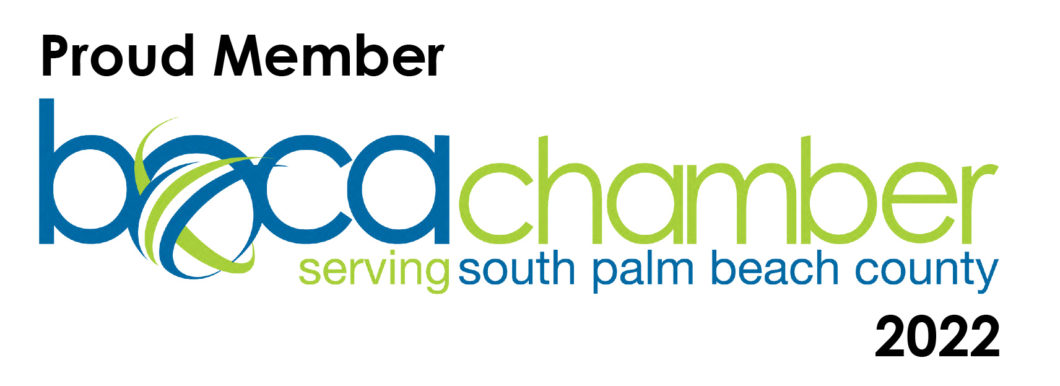For anyone who is facing bankruptcy or thinking of filing for bankruptcy one of the key questions is ‘do I need an attorney to file for bankruptcy’. The laws relating to bankruptcy changed in 2005 making it more difficult to file for bankruptcy.
Although individuals can file for bankruptcy without using the services of an attorney (known as filing pro se), it is important to remember that filing for bankruptcy can have long-term personal and financial consequences.
Filing for personal bankruptcy can be a long process to navigate without the assistance of an attorney. In some instances, having the assistance of a professional can help ensure a smoother process.
According to The American Bankruptcy Institute, in cases where a bankruptcy lawyer is representing an individual in Chapter 7 filings, over 90% of filers had their debts discharged. What this means in practical terms is that 90% of the individuals with bankruptcy attorneys walked away from the court debt-free. In contrast, just 66% of individuals who represented themselves in Chapter 7 filings found themselves successfully releasing themselves from their debts in full.
While representing yourself in bankruptcy proceedings is an option, you need to decide whether it is the right option for you. Filing for bankruptcy pro se, that is without the services of an attorney, is something the federal courts may not recommend because it requires the individual to fully understand the legal systems surrounding bankruptcy law.
Many people may be worried about the costs associated with hiring a bankruptcy attorney, but the chances of having debts discharged are greater with an attorney and this is the best possible outcome for many individuals.
Filing for Bankruptcy
According to The United States Bankruptcy Code, any individual filing for bankruptcy needs to file their case under either Chapter 7 or Chapter 13.
Chapter 7 Bankruptcy
Chapter 7 bankruptcy is aimed at those individuals who have fallen behind on their monthly debt payments. Chapter 7 filings are known as liquidation bankruptcies.
Once you file a Chapter 7 bankruptcy, the court appoints a trustee who proceeds to sell your assets and pay off your creditors. When the process is finished, you will be released from the debts the Chapter 7 filing relates to.
Chapter 13
Chapter 13 bankruptcies are slightly different. They are considered to be more of a repayment plan whereby the court approves a repayment plan that enables individuals to repay their debts over a 3-5 year period. Unlike a Chapter 7 bankruptcy filing, a Chapter 13 filing means an individual can retain assets such as their property.
Once you file for bankruptcy, it can remain on your credit report for between 7-10 years. It is therefore important that you fully understand the process of filing for bankruptcy and the implications of doing so.
What a Bankruptcy Attorney Can Do For You
The first thing to note is that filing for personal bankruptcy under either Chapter 13 or Chapter 7 requires some considerable preparation and a real understanding of how the legal issues will affect you going forward.
Using the services of a bankruptcy attorney means you will have access to bespoke expert advice in relation to your specific circumstances. Not only that, but a bankruptcy attorney will also prepare all the relevant legal documentation that is required, while advising you on the best course of action for your particular set of financial circumstances.
Although it is not a legal requirement to use the services of a bankruptcy attorney, those who do find that they have a better understanding of their options and the potential problems that could arise.
For anyone dealing directly with debt collectors, they will understand the level of stress this can involve. Once you hire an attorney you can direct any debt collectors to your attorney and let them communicate with each other.
Filing for bankruptcy is disruptive and emotionally overwhelming. Unless your bankruptcy is very straightforward, and this is very unlikely to be the case, then you will find that filing for bankruptcy requires a huge amount of research and time.
Your bankruptcy attorney will help you with the following:
- Completing paperwork, forms, and schedules
- Understanding the legislation relating to bankruptcy
- Understanding the course of action that is best suited to your circumstances
- Knowing the timelines and deadlines involved
- Understanding the state and federal exemptions (if any)
- Knowing the process and procedure
A bankruptcy attorney will have substantial experience in navigating the complex legal system, and this makes it more likely that your best interests will be protected.
According to Debt.org only one in 25 people using a bankruptcy attorney is denied a Chapter 7 discharge when filing, whereas one-third of those filing without an attorney find themselves not getting a discharge.
How An Attorney Can Help
Managing the bankruptcy process can be difficult. A bankruptcy attorney will help you navigate the process and the paperwork. For any individual who is looking to file for bankruptcy, the last thing they will want is to add to their financial worries.
What can a bankruptcy attorney do for you? They can:
- Provide you with advice relating to what petition to file
- Advise you on which Chapter you need to file under
- Review your debts and advise you on whether they can be discharged
- Explain the state and federal laws relating to bankruptcy
- Compile and complete the necessary paperwork
- Advise you on the financial and tax implications of your filing
- Provide you with advice about whether you will be in a position to retain your assets
When you seek the services of a bankruptcy attorney, you should expect to receive the following:
- An overview of your circumstances and case
- Initial advice relating to the type of filing that is required
- Advice on the options that are available to you
- Details of the paperwork that will be involved
- A timeline of events and what information is required from you to complete the filing
Hire a Bankruptcy Attorney Now
Our experienced attorneys will not only help, advise, and guide you through the legal processes, but they will also assist you with preparing all the documents you need.
Call our experienced attorneys today on (561) 207-2018 for a free and confidential consultation. Alternatively, email us at info@lubliner-law.com.






